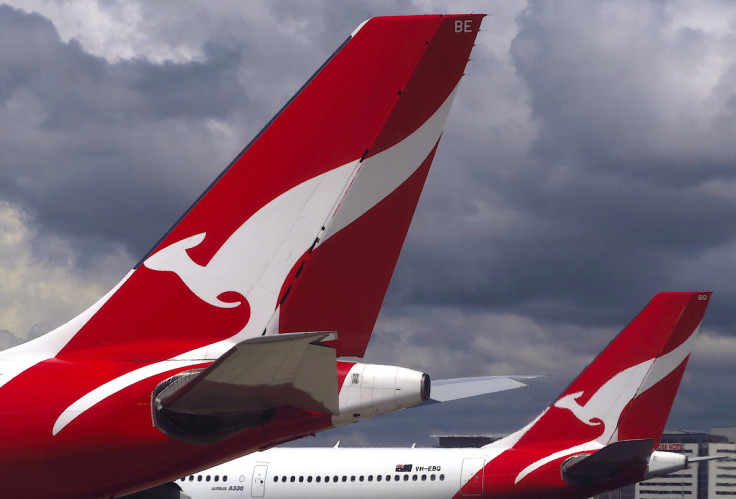
Up to six million Qantas customers, including UK-based travellers, have had personal details exposed in what the airline says is its largest-ever data breach.
The incident has raised fresh concerns over identity theft and online scams linked to the aviation industry.
What Happened and Who Is Affected?
Qantas confirmed the breach on 30 June after detecting unusual activity on a third-party customer service platform managed by an offshore contact centre in Manila, Philippines.
Compromised information includes names, email addresses, phone numbers, dates of birth and frequent-flyer membership numbers. The airline stressed that no credit card details, passwords, PINs or passport numbers were accessed. However, cybersecurity experts warn that the type and volume of personal data exposed could still leave customers vulnerable to fraud.
The breach affects both domestic and international customers. UK travellers who use Qantas for flights between the UK and Australia are among those potentially impacted.
How Criminals Might Use the Data
While financial details were not leaked, the exposed information is sufficient to enable phishing, vishing (phone scams) and other targeted fraud attempts.
Security analysts point out that frequent-flyer data can make scam communications appear legitimate. Fraudsters could reference membership numbers or travel history to trick individuals into disclosing further personal details.
The FBI has suggested that a hacking group known as Scattered Spider may be linked to the incident. The group has previously targeted airlines such as Hawaiian Airlines and Canada's WestJet.

Qantas Response and Customer Support
Qantas Group CEO Vanessa Hudson has publicly apologised, confirming that no core operational or booking systems were impacted. The airline has notified the Australian Cyber Security Centre, the Australian Federal Police and the Office of the Australian Information Commissioner.
Qantas has set up a dedicated helpline (1800 971 541) and a website providing information and support for affected individuals. Independent cybersecurity experts have been engaged to investigate the breach and strengthen defences.
Recommended Actions for Customers
Qantas is advising affected customers to remain vigilant for scams. Individuals should treat any unexpected emails, phone calls or text messages claiming to be from Qantas with caution, and verify the legitimacy of such communications through official Qantas channels. The airline also recommends that customers update the passwords on their frequent-flyer and associated email accounts, and enable two-factor authentication where available to enhance security.
In addition, customers are being urged to monitor their financial statements and credit reports closely for any signs of suspicious activity, even though no direct financial information was exposed in the breach. Anyone with concerns is encouraged to contact Qantas through its dedicated helpline or support website for further guidance and to report any suspected misuse of their personal data.
Ongoing Concerns Around Third-Party Cybersecurity
While Qantas has moved quickly to contain the breach, the incident underscores growing concerns around third-party cybersecurity vulnerabilities in the travel industry. With more airlines outsourcing customer service functions overseas, oversight of data protection standards remains a critical issue.
The breach serves as a reminder that personal data security is a shared responsibility. As Qantas works to rebuild customer trust, travellers are being urged to stay vigilant and adopt best practices for safeguarding personal information.







